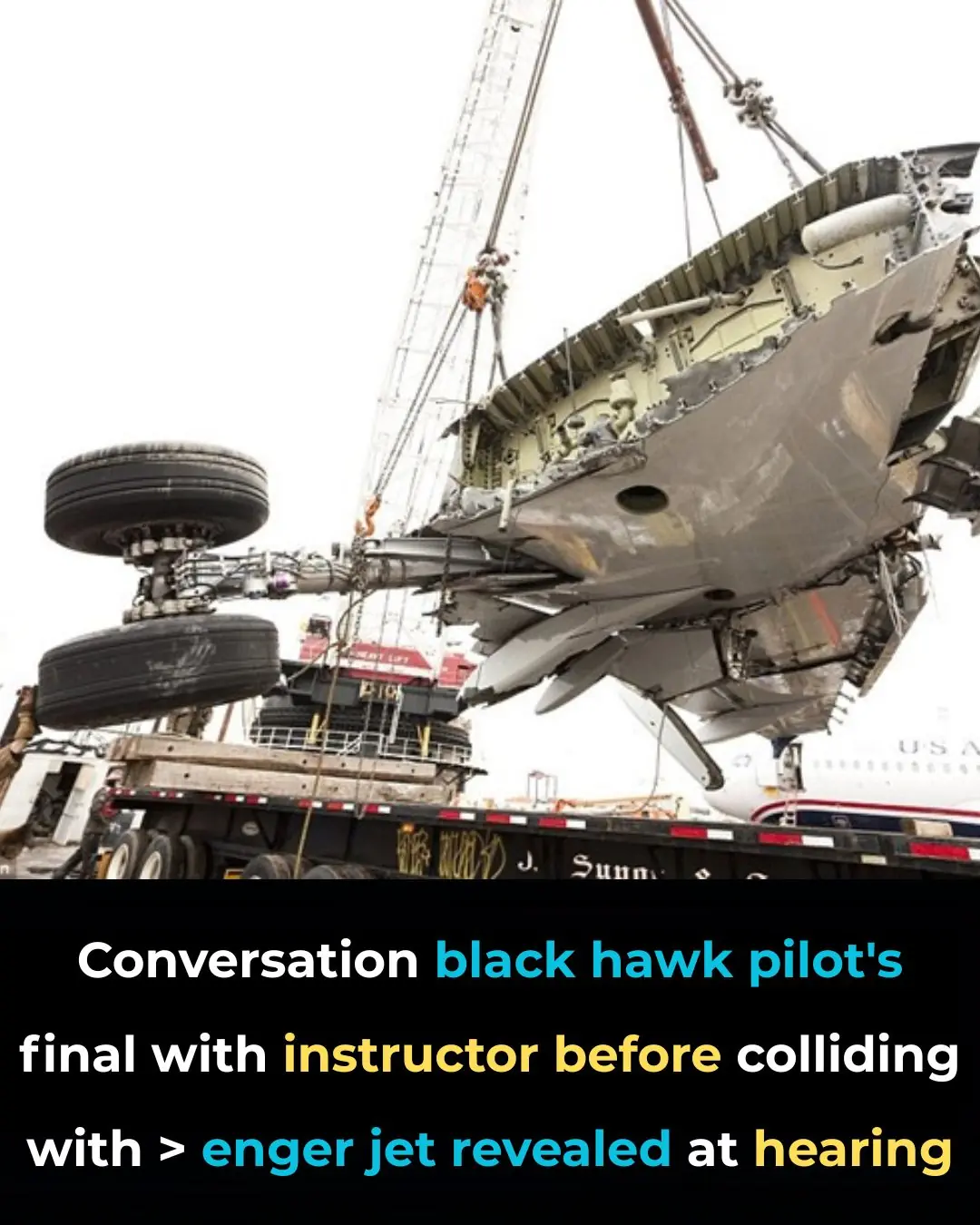
Here’s What You Need To Know To Stay Safe Of The The Hidden Fire Risk Of Air Fryers
Air fryers have taken over kitchens across the world—offering crispy, delicious meals with little to no oil. But behind the convenience lies a serious concern: a growing number of air fryer-related fires.
Fire departments, safety commissions, and insurance companies are now issuing urgent warnings about these compact appliances.
If you own one, this guide is essential reading. Backed by real incidents, expert advice, and official recall data, it explains the dangers of air fryers and how to use them safely—before a crispy dinner turns into a catastrophe.
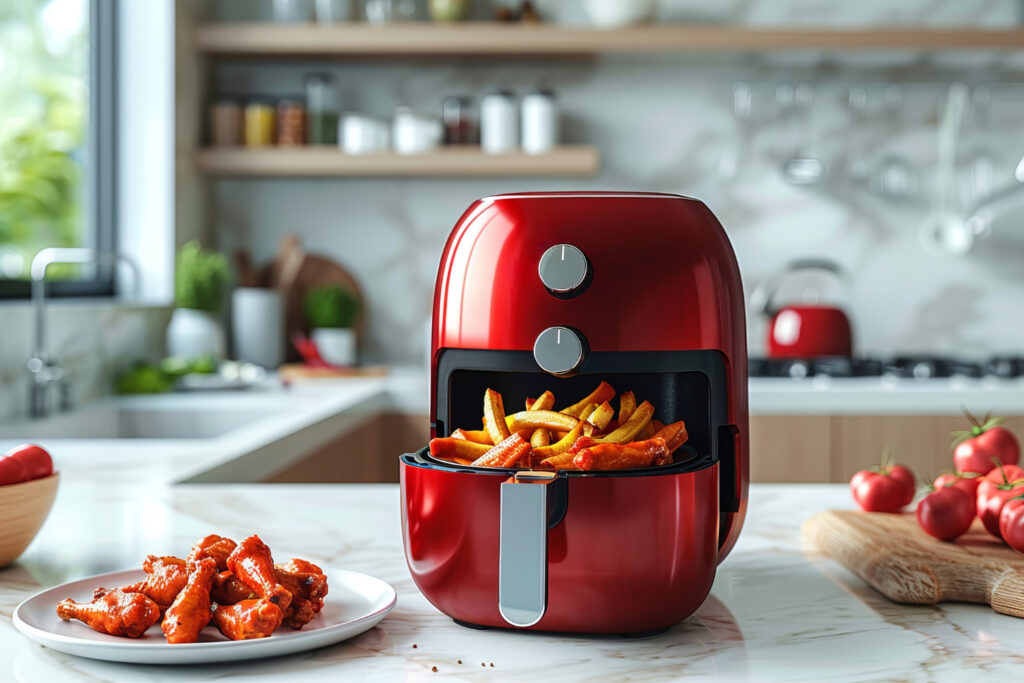
Why Are Air Fryers Causing Fires?
1. Concentrated Heat in a Small Space
Air fryers operate at high temperatures—up to 400°F (204°C)—inside a tightly sealed chamber. If not properly ventilated or cleaned, the trapped heat can cause components to warp or ignite.
The National Fire Protection Association (NFPA) reports that cooking appliances are the leading cause of home fires, and small countertop devices like air fryers are contributing to the spike.
2. Grease Buildup
Food residue, oil splatters, and crumbs easily collect in the tray and heating elements. Grease is extremely flammable, and over time it can ignite under high heat.
According to Consumer Reports, failure to regularly clean air fryers is one of the top factors behind small appliance fires.
3. Electrical Faults
Many air fryer fires stem from wiring issues or overloaded power strips. A 2023 recall of over 2 million Cosori air fryers was triggered by overheating due to a faulty wire connection that caused multiple fires.
The U.S. Consumer Product Safety Commission (CPSC) and Best Buy recalled Insignia models after 100+ reports of overheating and melting.
4. Placement and Ventilation
Many users place air fryers under cabinets, near curtains, or too close to walls—blocking airflow and increasing the risk of heat buildup. The Warwickshire Fire & Rescue Service specifically warns against using air fryers in enclosed or flammable areas.
5. Unattended Cooking
Setting and forgetting your air fryer is risky. A split-second malfunction or a flare-up from oil residue can escalate. Aviva Insurance found that 12% of owners leave air fryers unattended and 30% wouldn’t know what to do if a fire started.
Real-Life Incidents
- Cosori Recall (2023): Over 2 million units recalled due to fires caused by internal wire faults.
- Best Buy Insignia Recall (2024): 287,000+ air fryers pulled after dozens of reports of parts melting or catching fire.
- UK Home Fire (£80,000 in Damage): A fire caused by an air fryer led to a complete kitchen renovation. Insurer Aviva covered the claim but issued a public fire warning.
- Tower Air Fryers Recalled (2024): Sold in Tesco, Lidl, Argos, and others, 60,000+ units were recalled across Ireland and the UK due to fire risks.
How to Prevent an Air Fryer Fire: 12 Expert-Recommended Safety Tips
While air fryers are generally safe when used correctly, neglecting simple safety measures can quickly turn your countertop cooker into a fire hazard. Here’s how to drastically reduce your risk of a kitchen fire—according to safety experts, fire departments, and product engineers.
1. Clean Your Air Fryer Thoroughly—Every Time
Why: Grease, crumbs, and carbonized food particles can accumulate near the heating element or inside the basket. Over time, these can overheat and ignite spontaneously, especially with fatty or oily foods like bacon, sausage, or chicken wings.
How to do it:
- Let the air fryer cool before cleaning.
- Remove the basket and drip tray.
- Wipe all surfaces with a soft cloth or non-abrasive sponge.
- Use baking soda and white vinegar to clean stuck-on residue.
- Clean inside the heating element area monthly with a small brush.
Fire officials say 40% of small appliance fires begin due to grease ignition.
2. Avoid Overfilling the Basket
Why: Overloading the basket restricts airflow, leading to overheating and uneven cooking. This can cause the motor to strain, the heating coil to remain on longer, and increase internal temperatures beyond design limits.
Best practices:
- Follow your manufacturer’s basket capacity recommendations.
- Shake or rotate food halfway through cooking to avoid blockages.
- Cook in smaller batches if needed.
Overcrowding is the number one user mistake that leads to air fryer malfunction and overheating.
3. Place Your Air Fryer on a Flat, Heat-Resistant Surface
Why: Air fryers release hot air from vents. If placed too close to flammable objects—like curtains, dish towels, wood cabinets, or wallpaper—they can easily ignite surrounding materials.
Where to place it:
- On a flat, level countertop (stone or ceramic preferred).
- At least 5 inches away from walls or cabinets.
- Never under overhead cupboards or shelves.
Warwickshire Fire & Rescue warns that air fryers should “never be used in enclosed or poorly ventilated areas.”
4. Use the Right Cooking Oils (Or None at All)
Why: Some oils have low smoke points and can ignite at high temperatures. Extra virgin olive oil, flaxseed oil, and sesame oil can produce smoke or flames under intense heat.
Safer options:
- Use oils with high smoke points: avocado oil, canola oil, peanut oil, or refined coconut oil.
- Avoid spraying aerosol oil directly onto heating elements.
Air fryers don’t require oil to function—adding it is optional and should be done sparingly.
5. Never Use Loose Foil or Parchment Paper Without Food
Why: Foil and parchment paper can get sucked into the fan and heating coil. If they touch the hot element directly, they may catch fire or block ventilation, causing a unit to overheat and shut down.
Safe usage tips:
- Only use parchment paper that’s made for air fryers (with holes for airflow).
- Always weigh down paper with food so it doesn’t lift during cooking.
Air fryer manufacturers recommend against using foil in models with exposed heating coils on the top.
6. Unplug After Each Use
Why: Even when not in use, air fryers continue to draw power if plugged in. Electrical surges or internal circuit issues could cause spontaneous heating or short circuits.
Action: Always unplug your air fryer immediately after cooking and let it cool on a heat-safe surface.
7. Avoid Extension Cords and Power Strips
Why: Air fryers use 1,200 to 1,800 watts, which can overload power strips or thin-gauge extension cords, causing electrical fires.
What to do instead:
- Plug directly into a grounded wall outlet.
- Avoid using shared kitchen outlets with other high-wattage appliances (microwave, toaster).
CPSC recommends direct plug-ins for all kitchen appliances with heating elements.
8. Check and Replace Damaged Cords or Plugs
Warning signs:
- Frayed or cracked cords
- Discoloration on plug prongs
- Heat coming from the cord during use
If you notice any of these, stop using the air fryer immediately and contact the manufacturer for repair or replacement.
9. Don’t Leave It Unattended
Why: Fires can escalate in under 60 seconds. Unattended appliances are responsible for 32% of cooking-related home fires, according to the NFPA.
Rule of thumb: Never leave the kitchen while your air fryer is running—even if it’s just “for a minute.”
10. Follow Manufacturer Instructions Exactly
Always:
- Register your product so you’re notified of recalls
- Set timers and temperatures according to the food chart
- Avoid using your fryer for unauthorized food types (e.g., popcorn, batter-coated foods)
11. Know Your Model’s Fire Risk History
Before buying or using a secondhand air fryer, check if it’s been recalled:
Cosori Air Fryer Recall – 2 Million Units
Insignia (Best Buy) Recall – 287,000 Units
Tower Air Fryers – 60,000+ UK Recalls
12. Install a Kitchen Fire Extinguisher and Smoke Detector
Essential safety gear:
- Class C fire extinguisher (for electrical appliances)
- Smoke alarm (check battery monthly)
- Fire blanket (for grease or small countertop fires)
Never use water to extinguish an air fryer fire—it may cause electrocution or spread flaming oil.
Signs Your Air Fryer May Be Unsafe
- Smell of burning plastic
- Smoke from vents
- Discolored or hot plug
- Buzzing, sparking, or clicking noises
- Melted plastic parts
If any of these occur: unplug the unit immediately. Do NOT use it again until inspected or replaced.
Conclusion
Air fryers are modern marvels—but they’re not risk-free. As these appliances become more common, so do fires caused by improper use, defects, or neglect. With just a few safety steps, you can protect your home while still enjoying your favorite crispy recipes.
Remember: convenience should never come at the cost of caution.
News in the same category


Wildfire Grows Into Megafire In Northern Arizona—Now Driving Its Own Climate

Mystery Space Object Might Be An Alien Ship Preparing To Strike Earth

Research Reveals Cells’ Ability of Deceased Organisms to Form New Life

Denmark is fighting Al. It just gave citizens copyright to their own face, voice, and body.

Scientists Just Linked Autism to Neanderthal DNA Found in Modern Humans

Woman paralyzed for 20 years reveals shocking impact of Elon Musk's Neuralink brain chip

Fingerprints are supposed to be unique.
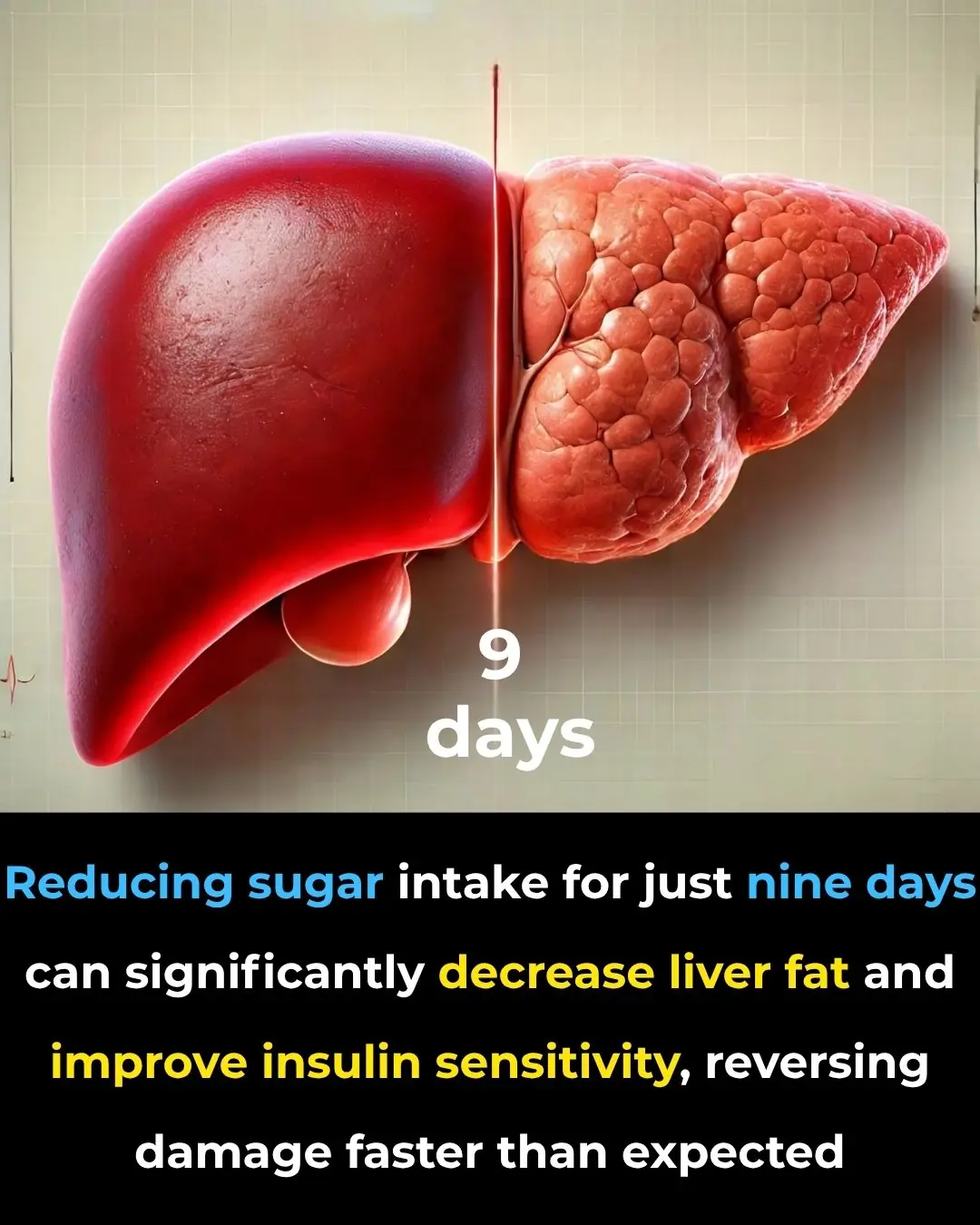
Healing begins not with medicine, but with subtraction.
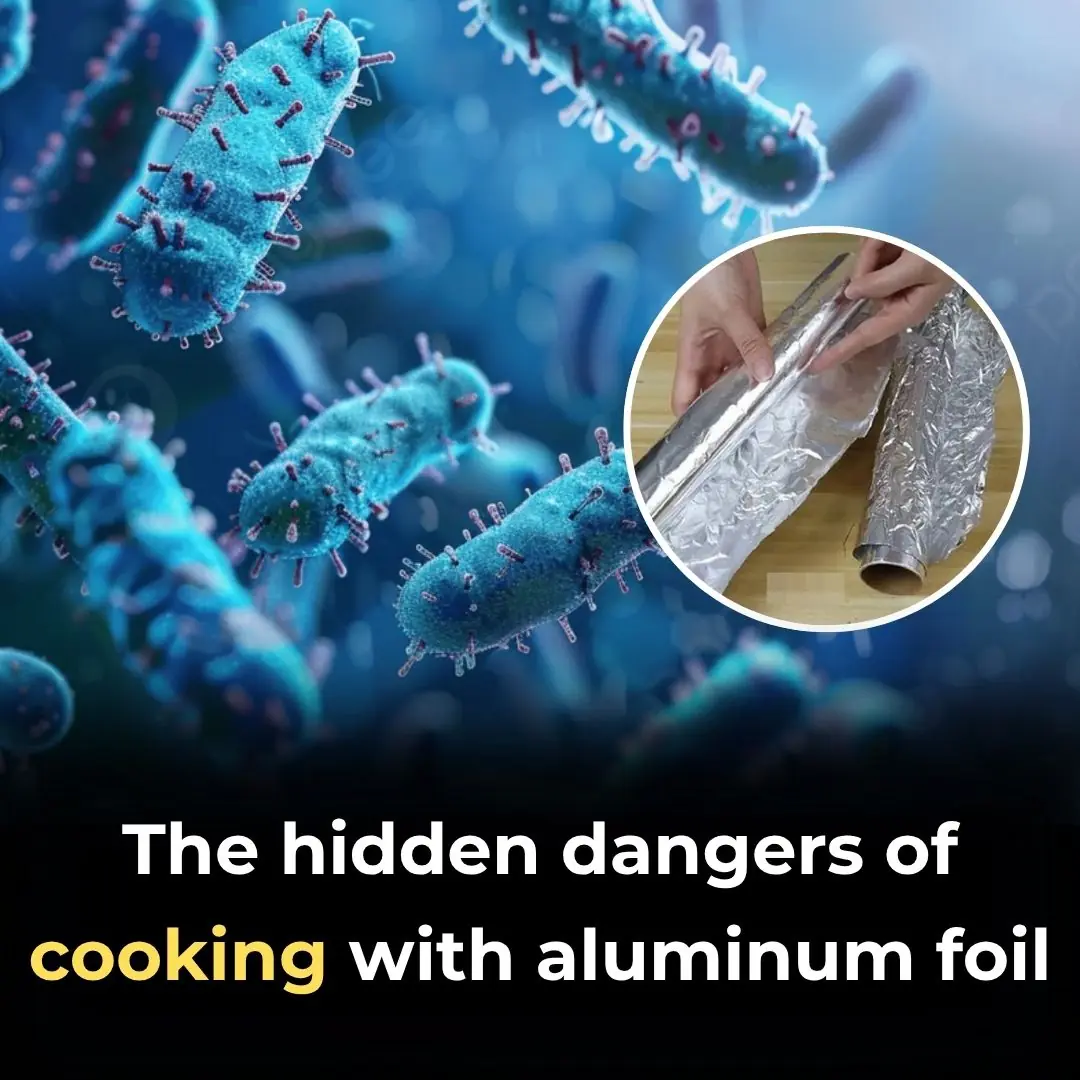
The Hidden Dangers of Cooking with Aluminum Foil: Health Implications and Safer Alternatives

Scientists Spark Debate Over Interstellar Visitor’s Strange Behavior

The gap between a woman’s legs can reveal that she is…

‘Beloved’ lion is shot dead after being lured from reserve by trophy hunter in chilling $46k kill

Fake Honey Is Taking Over Store Shelves — Here’s How to Tell What’s Genuine

Experts claim mankind will die in world-ending ‘cosmic hell’ revealing the exact time the horrific event will occur

Parents plan funeral for 10-yr-old with cancer – She then opens her eyes and says something that leaves them stunned

Earth Plunged Into Darkness For Six Minutes In Rare Event Not Seen In A Century

The Hidden Meaning Behind Leg-crossing — It’s More Than Just Comfort

Scientists Warn: Universe’s ‘Self-Destruct Button’ Could Trigger Without Warning
News Post

Scientifically Proven Health Benefits of Lemons (Including Lemon Water)

Instructor Told Pilot To Turn Seconds Before Black Hawk Collided With Passenger Jet

Wildfire Grows Into Megafire In Northern Arizona—Now Driving Its Own Climate

Mystery Space Object Might Be An Alien Ship Preparing To Strike Earth

Research Reveals Cells’ Ability of Deceased Organisms to Form New Life

Ethan Caldwell appeared to have everything—wealth, fame, and power. By the age of 42, he was a billionaire, having sold a booming tech startup at its market peak

The husband forgot to end the call. The wife overheard his conversation with his mother and filed for divorce the very same day.

If you drink cucumber water every morning, this is what happens to your body

Husband Leaves Pregnant Wife for Mistress — Eight Years Later, She Returns in a Helicopter with Their Twins…
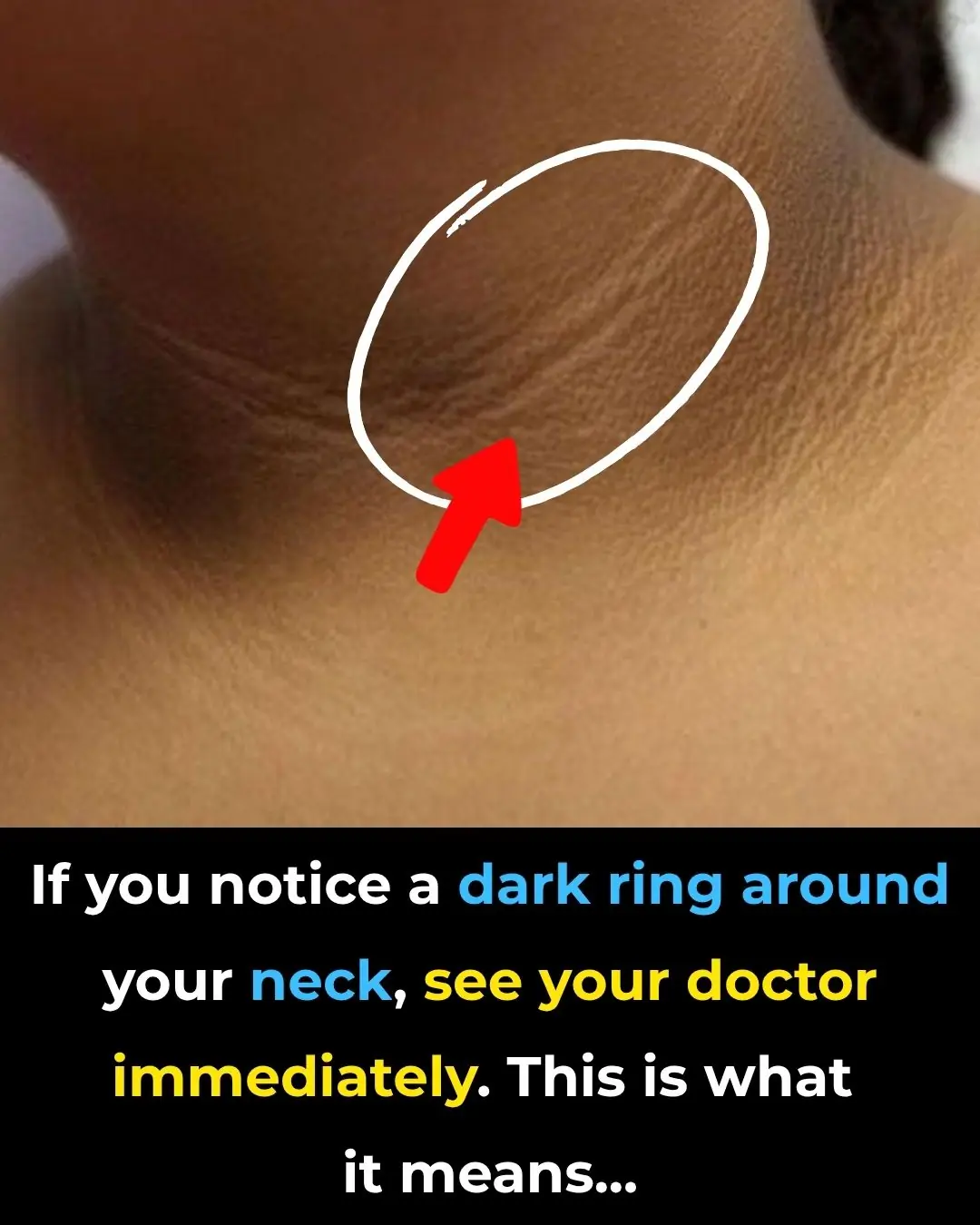
If You Notice a Dark Ring Around Your Neck, Go See Your Doctor Immediately! This Is What It Means

— They came empty-handed — so drink water, — the relatives finally drove the hostess crazy.

Health Food & Nutrition Beauty Aromatherapy Animals

A Waitress Shamed My Grandma for Leaving 'Too Small' a Tip – I Made Her Regret It in the Most Unexpected Way

My MIL Secretly Made a Duplicate Key to Our House — What She Did There While We Were Away Stunned Me

I Found Out My Brother Was Secretly Transferring Money to My Wife – When I Figured Out Why, I Went Pale
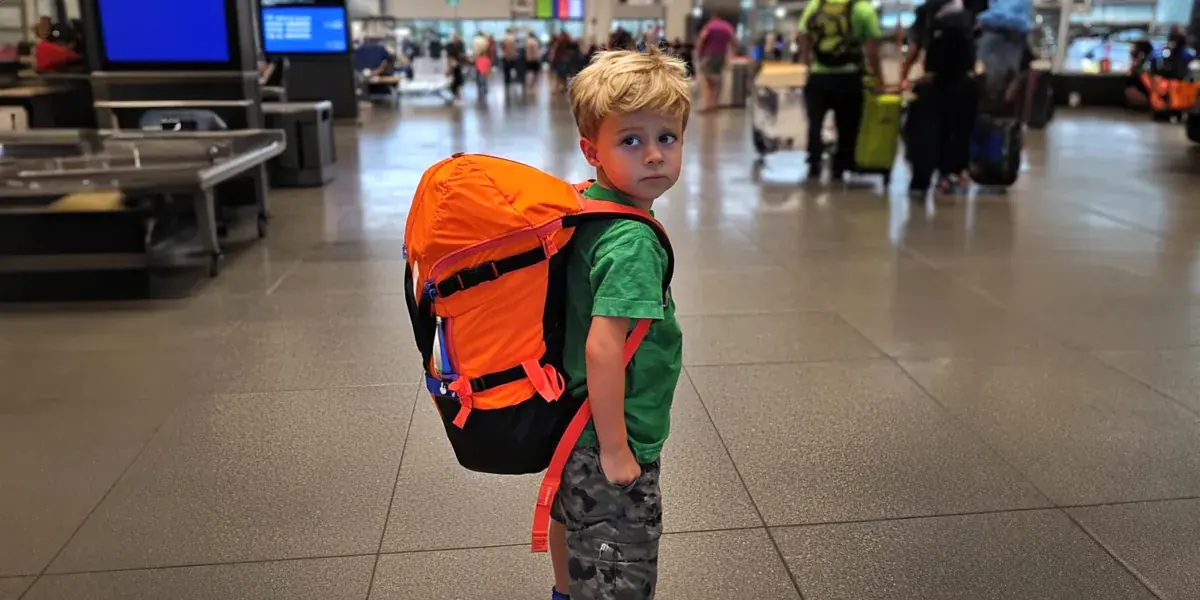
I Saw a Lost Child in the Airport — What He Had in His Backpack Made Me Gasp

I Got a Text from My Husband’s Number Weeks after He Died & When I Traced It, the Truth Shattered Me — Story of the Day

Millionaire Dresses as a Bum and Visits His Company on an Undercover Mission — Story of the Day
